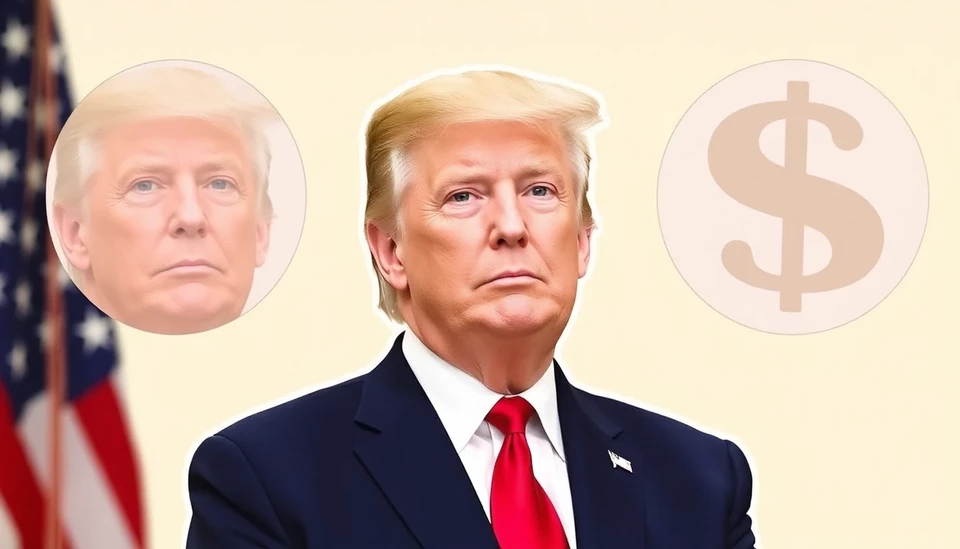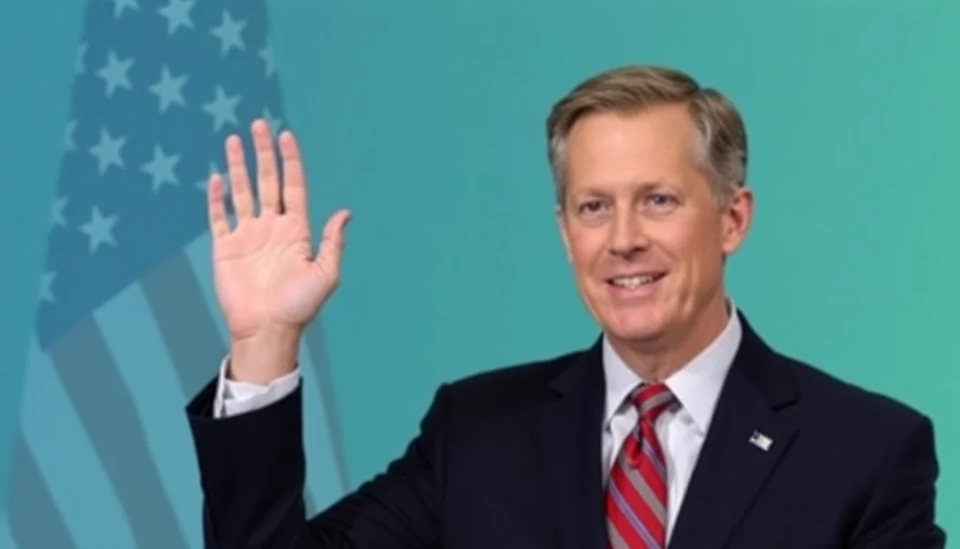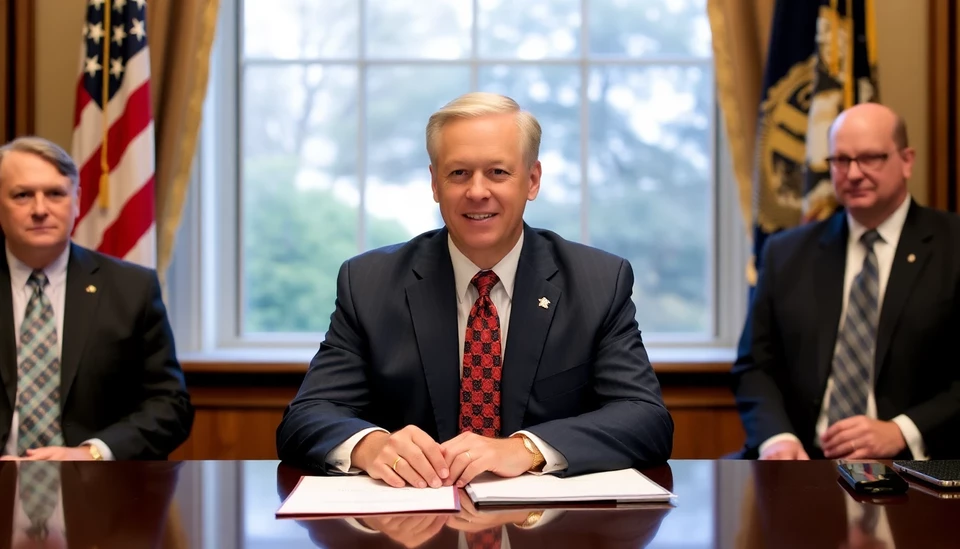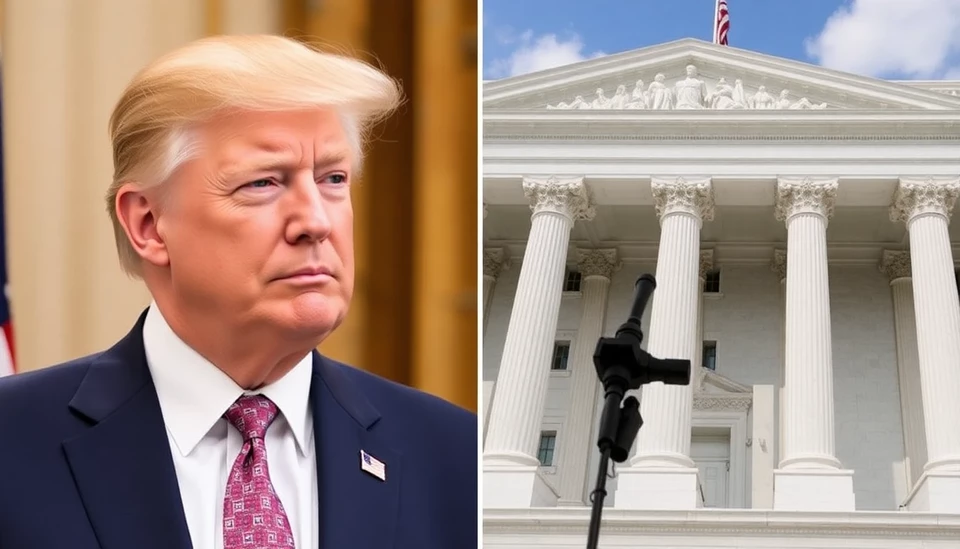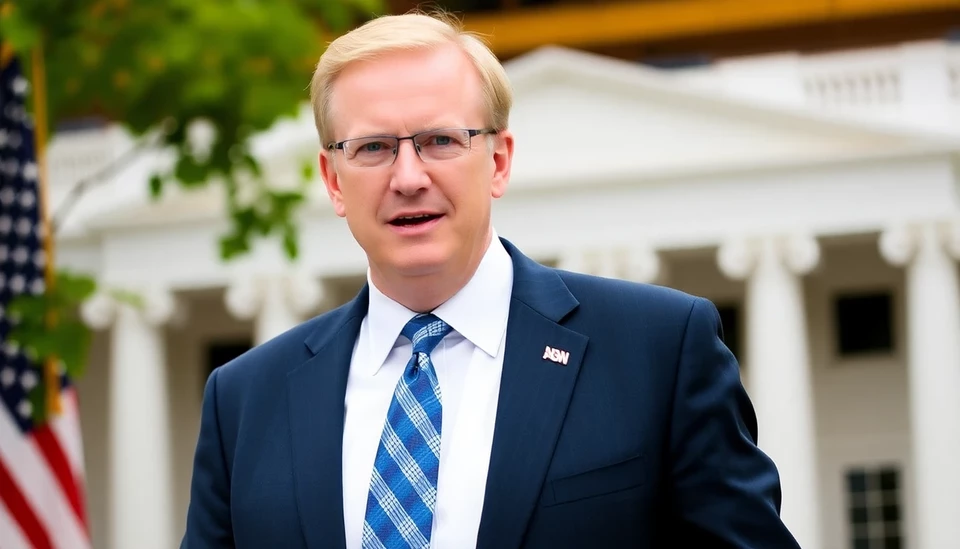
In a significant move for the upcoming presidential term, former President Donald Trump has nominated Scott Bessent to lead the U.S. Department of the Treasury. This appointment comes at a pivotal moment as the nation grapples with skyrocketing debt levels and an ever-increasing deficit. Bessent, who has a robust background in financial management and investment strategy, aims to address these critical issues head-on.
Scott Bessent, a seasoned investment strategist and former Chief Investment Officer at George Soros' Hedge Fund, is known for his analytical insights and strategic foresight. His appointment is seen as a strategic effort to revitalize economic policies that have been under scrutiny throughout various administrations. Bessent's focus on curbing government expenditures and prioritizing fiscal responsibility reflects a growing concern over the sustainability of the national budget.
In his initial remarks after the nomination, Bessent highlighted the dire state of the U.S. deficit, which has ballooned to unprecedented levels. He emphasized the urgent need for comprehensive fiscal reforms that will not only stabilize the economy but also foster a sustainable growth trajectory. “We cannot ignore the numbers any longer,” Bessent stated. “The U.S. debt has reached a tipping point, and decisive action is necessary to ensure that future generations are not burdened with our financial mismanagement.”
Bessent's proposed measures are expected to include a stringent review of government spending, reforms aimed at decreasing unnecessary expenditures, and a strategic plan to make the U.S. economy more resilient. He is also anticipated to advocate for a balanced budget amendment, which would limit the government's ability to incur additional debt without exceeding its revenues.
In the financial community, responses to Bessent’s nomination have been mixed, with some praising his expertise and previous successful tenure in various financial roles. Others, however, express skepticism about the government's ability to implement the drastic measures Bessent proposes, especially given the complex political landscape. “While he has the credentials, whether those proposals can pass through Congress is a different story altogether,” noted an anonymous market analyst.
The fiscal strategies proposed by Bessent have the potential to reshape the U.S. economic landscape, especially as the nation heads toward an election year. His stance on reducing the deficit may resonate with voters who prioritize fiscal conservatism, placing him at the forefront of a heated ideological battle around economic policies.
As deliberations on Bessent’s nomination proceed, all eyes will remain on how his strategies will integrate with broader economic reforms and the political forces that could either enhance or hinder his initiatives. With pressing issues like inflation, unemployment, and international trade also at hand, the Treasury Department under Bessent's leadership will have to navigate a complex array of economic and political challenges.
Ultimately, Scott Bessent's nomination signals a possible shift in the U.S. approach to managing national finances, with an emphasis on accountability and prudence. If confirmed, he may very well lead the charge in redefining how the government handles its fiscal responsibilities in an increasingly unpredictable economy.
As the political landscape evolves, the implications of Bessent's policies will likely extend far beyond the halls of the Treasury, influencing everything from legislation to everyday Americans' financial reality.
#ScottBessent #TreasuryNominee #DonaldTrump #USDebt #FiscalPolicy #EconomicReform #NationalDeficit #GovernmentSpending
Author: Daniel Foster
